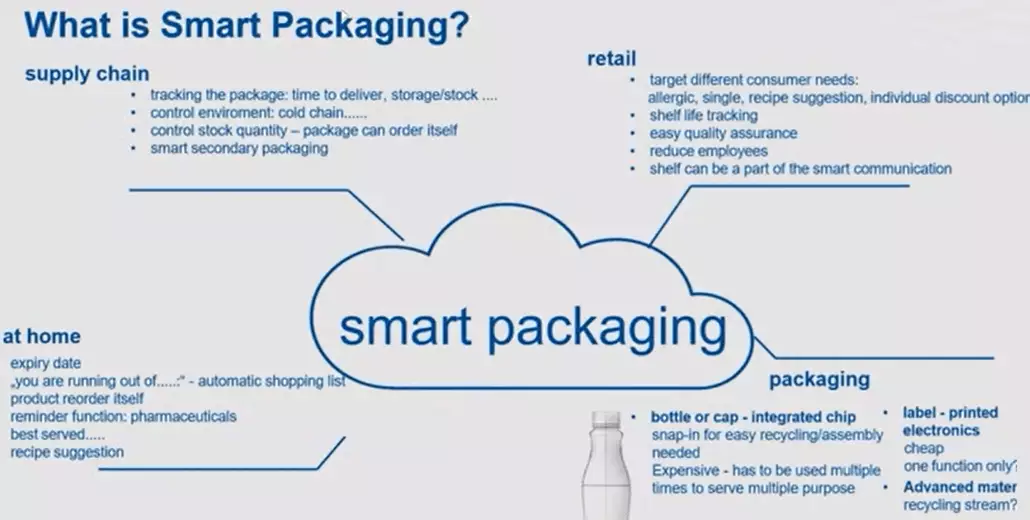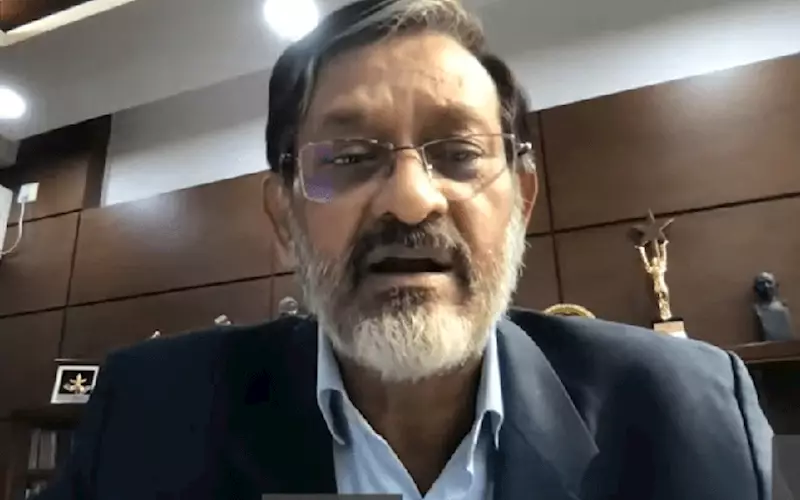CII’s packaging summit on block chain to stop counterfeit
The third edition of the smart packaging summit was held on 15 December 2021 by CII. Speakers from different industries discussed topics revolving around technology, innovation and highlighted that smart packaging is all about innovation and sustainability in the digital era.
18 Dec 2021 | By Mansi Gupta
Dr Jitendra K Das, director, FORE school of management, New Delhi, while moderating a session on smart packaging, said, “Right packaging helps in marketing and sales – in terms of volumes and price points. It can help a product to sell more and also enable it to sell at a higher price. It is also very important when it comes to identifying a counterfeit product with a genuine product as the consumer may not be able to understand a hologram that itself is counterfeit."
According to the press release shared with WhatPackaging?, there has been a 20% growth in the counterfeit market per year which is alarming and product companies must move into the next level of technology-enabled verification process like blockchain, IoT, RFID etc. ”
Das' conversation further added the use of geospatial mapping and blockchain in packaging to enable the authenticity of any product. This feature will allow real-time tracking and develop trust for the consumers.
Mohammed Nadeem, chief executive officer at Paharpur 3P spoke about smart packaging enabled by radio frequency identification (RFID) technology in the retail supply chain. Nanocomposite in packaging includes pet film, print, glue, foil, polypropylene and film with a layer in nanocomposite. Packaging has a critical role for all perishable items, specifically, food-grade. So, innovation in terms of material packaging is vital in the FMCG industry.

Yogesh Kapur, executive vice president and business head for holography business, UFlex talked about topics like brand protection, anti-counterfeit holography, pharma PVS blisters, wide web films, stamp foils, track and trace solutions, RFID trace and fast track solutions. Furthermore, Kapur added that the counterfeit market is expected to grow 20% per year as per FICCI.
According to statistics, approximately 35% of forged drugs generated are from India which results in a counterfeit loss of around four thousand crores. Whereas the alco-bev and FMCG industries account for an estimated loss of 275 billion crores.
Utsav Dixit who heads the sustainability and strategic engagement for Alpla India dived into the seriousness of the issue, by mentioning how millions of people died using counterfeit products. As of 2020, the expenditure for anti-counterfeit is roughly USD 285 billion. The most challenging area which requires more attention is the shelf life tracking of products. He further added that soon smart packaging should reach levels where a printed electronic chip can indicate the level of safety for an expired medicine.











 See All
See All